Roman news, features and articles
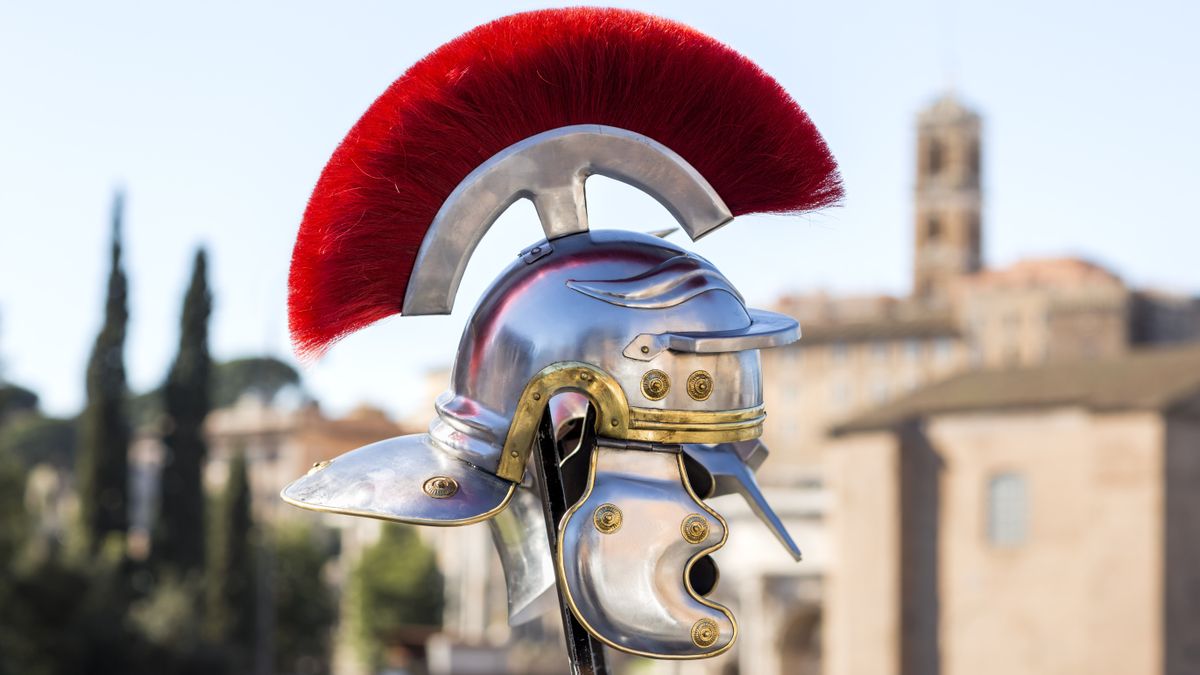
The ancient city of Rome became the heart of a sprawling empire that lasted for hundreds of years, and we're still unearthing ship-loads of Roman artifacts, mystifying treasures and even forts around 2,000 years later.
At Live Science, our expert writers and editors follow the work of historians and archeologists to bring you the most compelling discoveries and facts about the Romans. From their unusual superstitions to the rise and fall of the once-mighty empire, check out the latest news, features and articles about the Romans.
Discover more about Romans
—The Roman Empire: Rulers, expansion and fall
—7 Roman inventions: Incredible feats of ancient technology
—Could you stomach the horrors of 'halftime' in Ancient Rome?
Latest about Romans
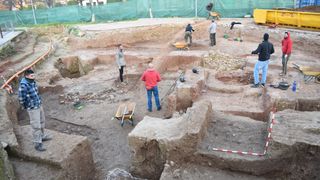
'Landmark' elephant bone finding in Spain may be from time of Hannibal's war against Rome
By Tom Metcalfe published
An elephant bone discovered in Spain may date to the time of Hannibal's battles against the Romans.
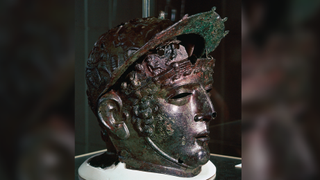
Ribchester Helmet: A rare 'face mask' helmet worn by a Roman cavalry officer 1,900 years ago
By Kristina Killgrove published
The helmet has been a powerful symbol of Roman Britain since it was discovered over 200 years ago.
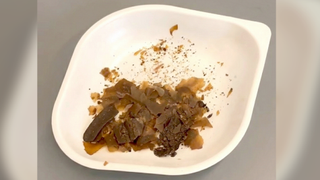
Romans used human feces as medicine 1,900 years ago — and used thyme to mask the smell
By Kristina Killgrove published
A new study shows that organic residues from a Roman-era glass medicinal vial came from human feces.
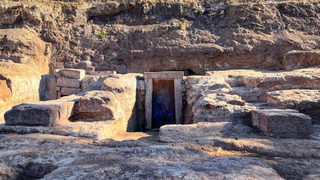
2,400-year-old Hercules shrine and elite tombs discovered outside ancient Rome's walls
By Tom Metcalfe published
Archaeologists have unearthed tombs and a shrine dedicated to Hercules from the time of the Roman Republic.
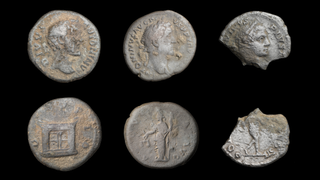
1,700-year-old Roman marching camps discovered in Germany — along with a multitude of artifacts like coins and the remnants of shoes
By Owen Jarus published
Archaeologists in Germany have discovered four Roman marching camps and around 1,500 artifacts, including coins and shoe nails, dating to the third century.
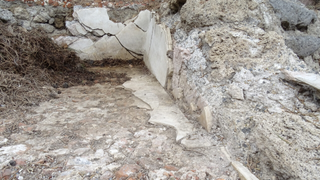
Romans regularly soaked in filthy, lead-contaminated bath water, Pompeii study finds
By Kristina Killgrove published
A study of limescale buildup in an early bathing facility at Pompeii has revealed that the water was replaced only once per day.
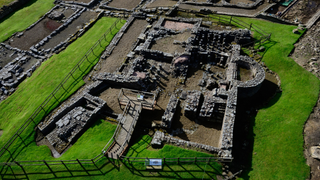
Diarrhea and stomachaches plagued Roman soldiers stationed at Hadrian's Wall, discovery of microscopic parasites finds
By Kristina Killgrove published
Analysis of latrine sediments at the Roman fort of Vindolanda has revealed that at least three parasites were widespread among Roman soldiers.
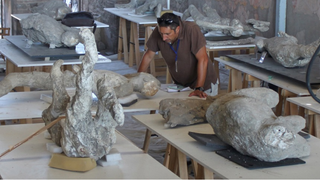
Pompeii victims were wearing woolen cloaks in August when they died — but experts are split on what that means
By Tom Metcalfe published
Some of the victims at Pompeii were wearing woolen cloaks when they died, even though it was August, new research finds.
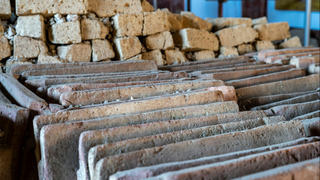
'This has re-written our understanding of Roman concrete manufacture': Abandoned Pompeii worksite reveal how self-healing concrete was made
By Ray Laurence published
The discovery of a 2,000-year-old building site in Pompeii reveals the raw ingredients for ancient Roman self-healing concrete.

'They had not been seen ever before': Romans made liquid gypsum paste and smeared it over the dead before burial, leaving fingerprints behind, new research finds
By Kristina Killgrove published
Fingerprints on a Roman burial hold new clues to an unusual liquid gypsum funeral ritual.
Get the world’s most fascinating discoveries delivered straight to your inbox.
 Live Science Plus
Live Science Plus





